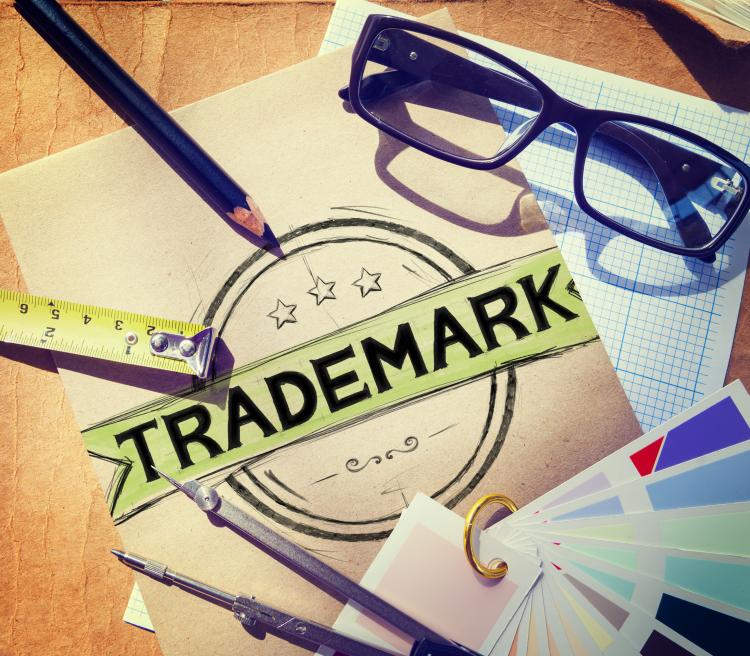
On March 1, 2023, the Federal Court of Canada (the Court) issued its decision in Louis Vuitton Malletier v Sheine Reyes Rosales, 2023 FC 217, in which it granted Louis Vuitton Malletier’s and Louis Vuitton Canada, Inc.’s (collectively, Louis Vuitton’s) motion for default judgment, finding that Sheine Reyes Rosales (the Defendant) engaged in activity that infringed the Louis Vuitton’s trademarks, namely, selling counterfeit products bearing the registered Louis Vuitton trademarks (the Marks), which continued despite two cease and desist letters.
Louis Vuitton uses the Marks in association with its registered goods and services, including women’s handbags and accessories. In early 2020, Louis Vuitton learned that the Defendant was advertising handbags, small leather goods, and accessories bearing the Louis Vuitton Marks through e-commerce and social media.
The Defendant conducted business via two private Facebook groups, and Louis Vuitton successfully purchased counterfeit items bearing the Marks in one of the Facebook groups. Despite acknowledging receipt of a cease and desist letter based on these activities in March 2020, the Defendant continued to market and sell products bearing the Marks. The Defendant was subsequently served with a second cease and desist letter, accompanied by the Statement of Claim.
The only issue before the Court was whether Louis Vuitton demonstrated that it was entitled to default judgment, and if so, the remedies that should be granted. Since the Defendant did not file a Statement of Defence, nor any motion seeking to extend the time for filing it, the Court found the Defendant in default.
The Court found that the evidence was “overwhelming” in establishing that the Defendant marketed and sold numerous products bearing the Marks through various Facebook pages and live sales events hosted on her associated Facebook pages. Thus, the Court was satisfied that the Defendant had infringed the Marks, contrary to sections 19 and 20 of the Trademarks Act
The Court awarded Louis Vuitton compensatory damages of $10,000, amounting to $1,000 per infringement. In arriving at this amount, the Court explained that the limited evidence indicated that the Defendant’s business was a relatively modest one, and that the number of counterfeit goods offered for sale was not large. Further, a significant portion of the Defendant’s business occurred with limited audience. The Court emphasized that its damage assessment was a fact-driven exercise and that the Court’s reasons should not be interpreted as “fixing a new standard that applies to all online sales”.
The Court awarded $30,000 in punitive damages, considering the nature of the Defendant’s conduct and the small scale of her business. The Court also issued an injunction and ordered the Defendant to deliver up any counterfeit merchandise in her possession.
In concluding, Justice Pentney cautioned that, while the evidence was sufficient in this case, in future cases, companies seeking to enforce their trademark rights may wish to ensure that their investigation of online counterfeiting, and their efforts to acquire the goods they need to make out their case, are conducted by independent third parties rather than employees of law firms engaged in the litigation.
Summary By: Sharan Johal
E-TIPS® ISSUE
Disclaimer: This Newsletter is intended to provide readers with general information on legal developments in the areas of e-commerce, information technology and intellectual property. It is not intended to be a complete statement of the law, nor is it intended to provide legal advice. No person should act or rely upon the information contained in this newsletter without seeking legal advice.
E-TIPS is a registered trade-mark of Deeth Williams Wall LLP.